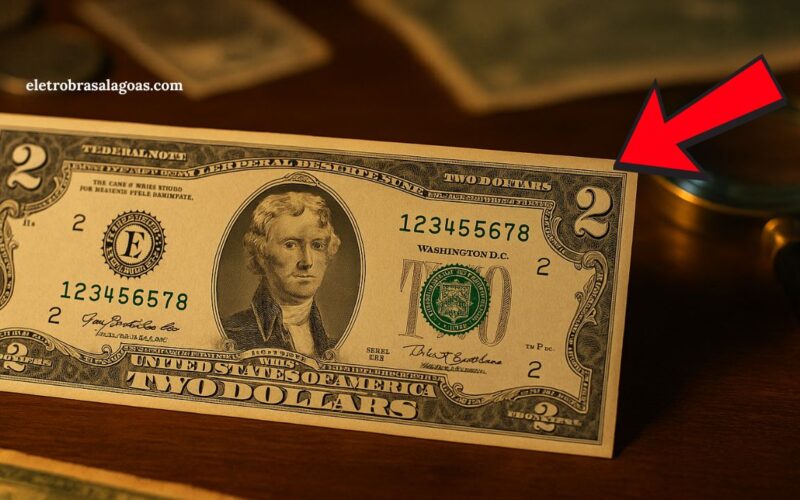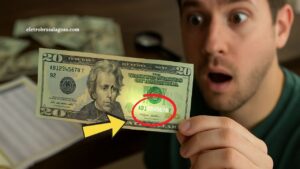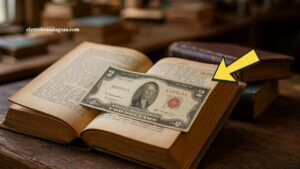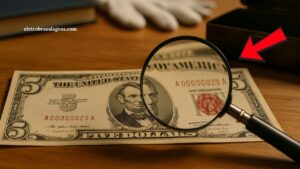America’s 1976 Bicentennial $2 bill may seem like ordinary currency, but if it sports a rare ladder serial number, you could be sitting on a fortune. Some of these notes have sold for hundreds of thousands to over a million dollars, making them highly sought-after by collectors.
What Makes the 1976 $2 Bill Special?
Released in honor of America’s 200th anniversary, the 1976 $2 bill marked the return of this denomination after a decade-long hiatus. The front features Thomas Jefferson, while the back displays the iconic Signing of the Declaration of Independence.
Approximately 590 million of these notes were printed, but only a small fraction remain in uncirculated condition.
Serial Numbers: Hidden Gems
Every bill has a unique serial number, printed twice. Some patterns significantly increase its value:
- Ladder serials: perfect sequences like 12345678 or 87654321
- Low serials: examples include 00000001–00000100
- Repeat or solid numbers: like 77777777 or 12121212
- Palindromes: such as 12344321
- Star notes: identified by a ★ symbol
Among these, full ladder serials are the rarest and most valuable.
Estimated Value of Ladder-Serial Bills
| Serial Pattern | Estimated Value |
|---|---|
| 12345678 (Ascending) | $5,000 – $20,000+ |
| 87654321 (Descending) | $3,000 – $15,000 |
| Partial ladders (e.g., 23456789) | $1,500 – $5,000 |
| Basic uncirculated bill | $20 – $900 |
Premium prices apply for star notes or bills in mint condition—some ladder serials have fetched nearly $10,000.
Spotting a Ladder Serial Bill
- Find your 1976 $2 bill (look at the series date).
- Check the serial numbers in both corners.
- Look for ladder pattern:
- Ascending: 12345678, 23456789
- Descending: 87654321, 76543210
- Star notes or perfect condition add significant value.
Other Noteworthy Serial Patterns
- Low serials (00000001): $15,000 – $25,000+
- Solid numbers (77777777): $3,000 – $12,000
- Repeats/palindromes: $1,000 – $8,000
- Star notes in premium condition: $80 – $300+ depending on grade
Protecting and Selling Your Bill
- Handle carefully—avoid folding or damage
- Place in protective sleeves
- Get graded by reputable services like PMG or PCGS
- Research recent sales to estimate value
- Sell through reputable auction houses or dealers
Why Ladder Bills Fetch Big Money
Ladder serials are astronomically rare—occurring about 1 in 100 million. Combined with collector demand and historical significance of the 1976 bill, they can command six-figure prices.
If you’ve got a 1976 Bicentennial $2 bill, check the serial number now. A ladder serial could be worth tens of thousands—or more—and bidding interest remains strong. With proper handling and grading, your small-denomination note could turn into a major payday.
FAQs
What qualifies as a ladder serial?
A bill with digits in exact sequence—like 12345678 or 87654321.
Can newer $2 bills also be valuable if they have ladder numbers?
Yes, but modern ladder bills are far less valuable than the 1976 Bicentennial series.
How do I verify the authenticity of my bill?
Have it graded by PMG or PCGS; certification helps confirm both authenticity and condition.




